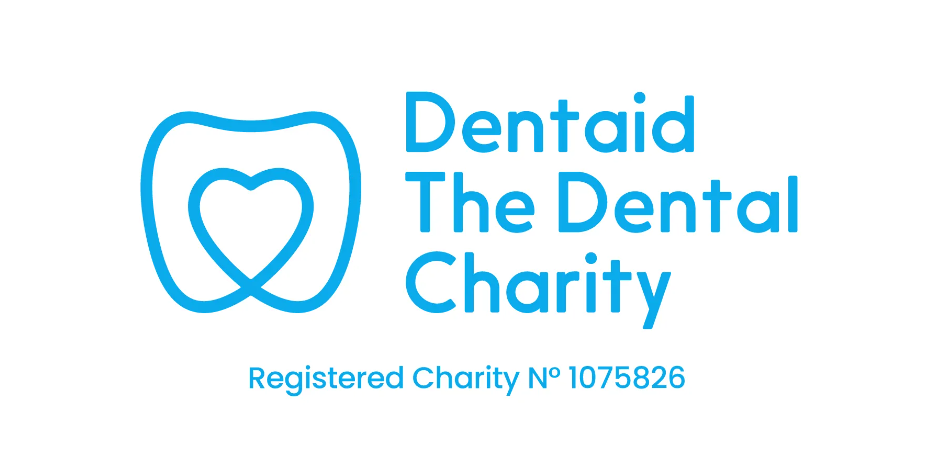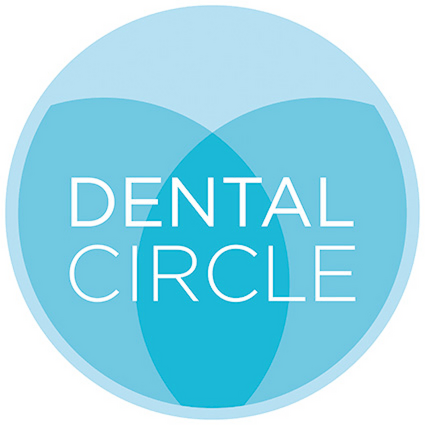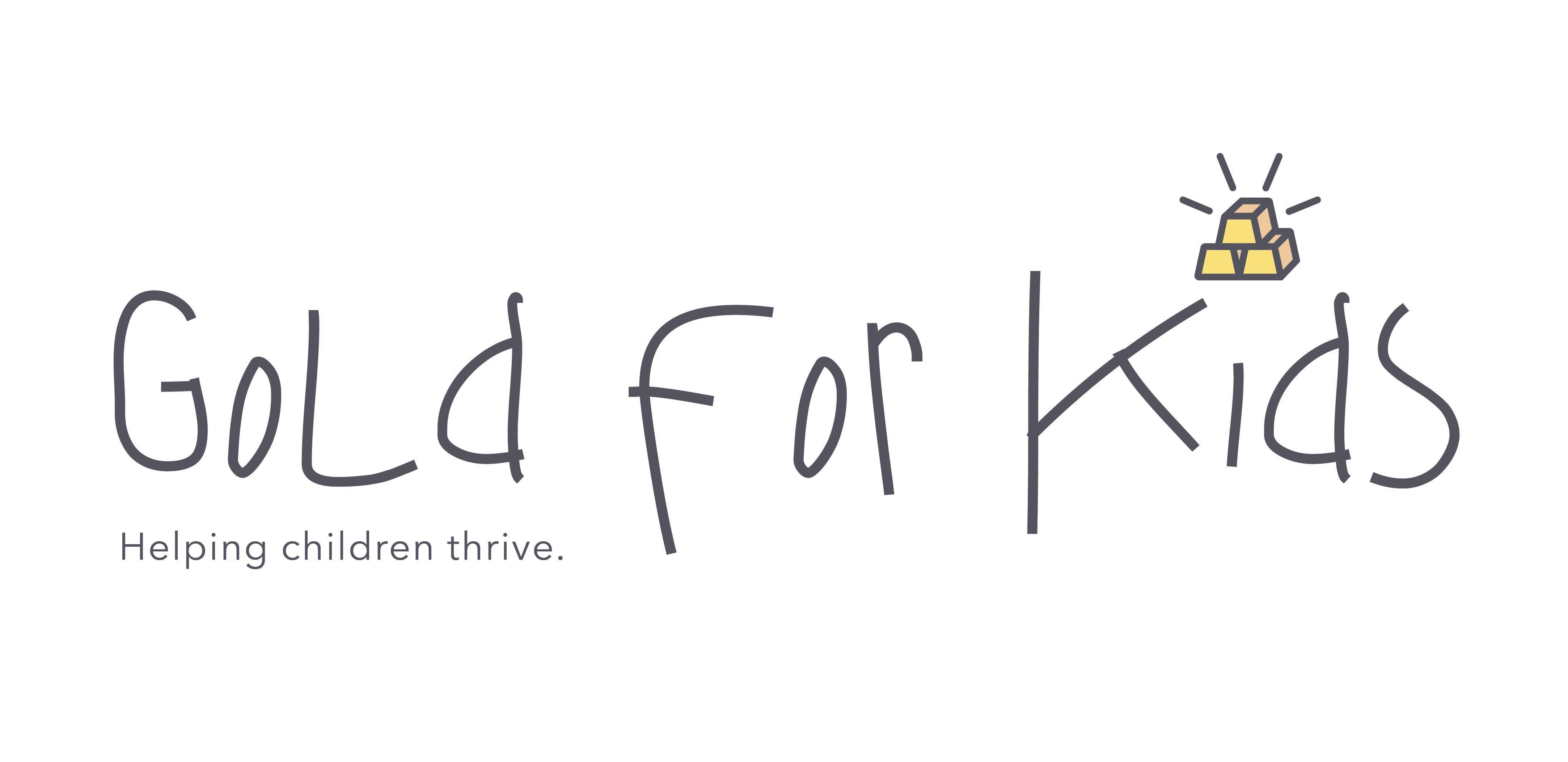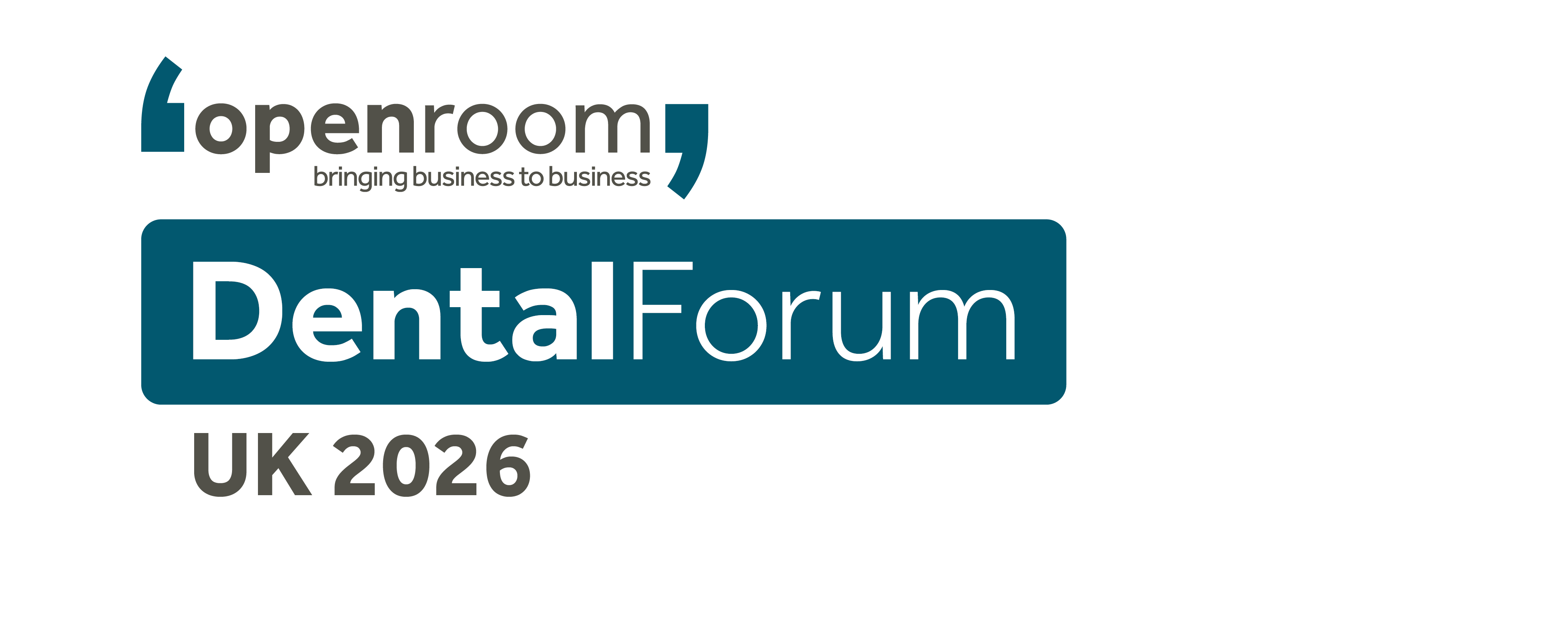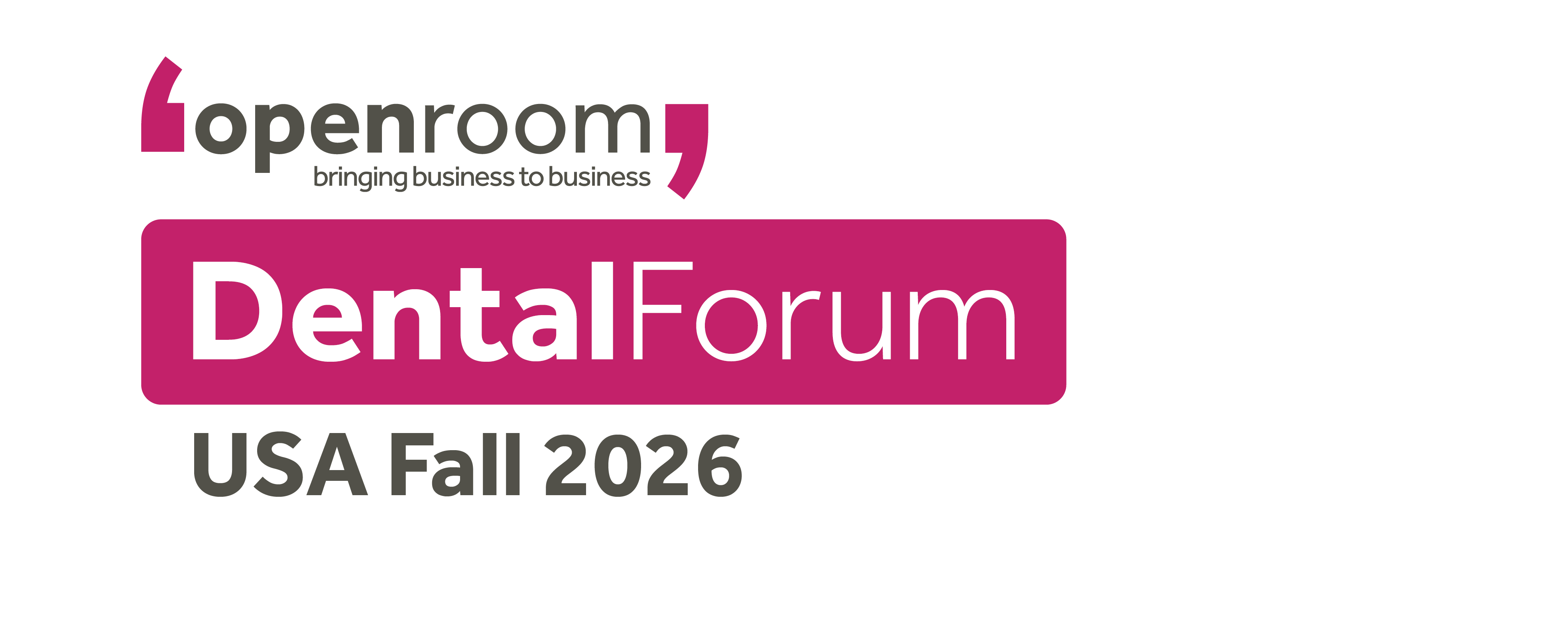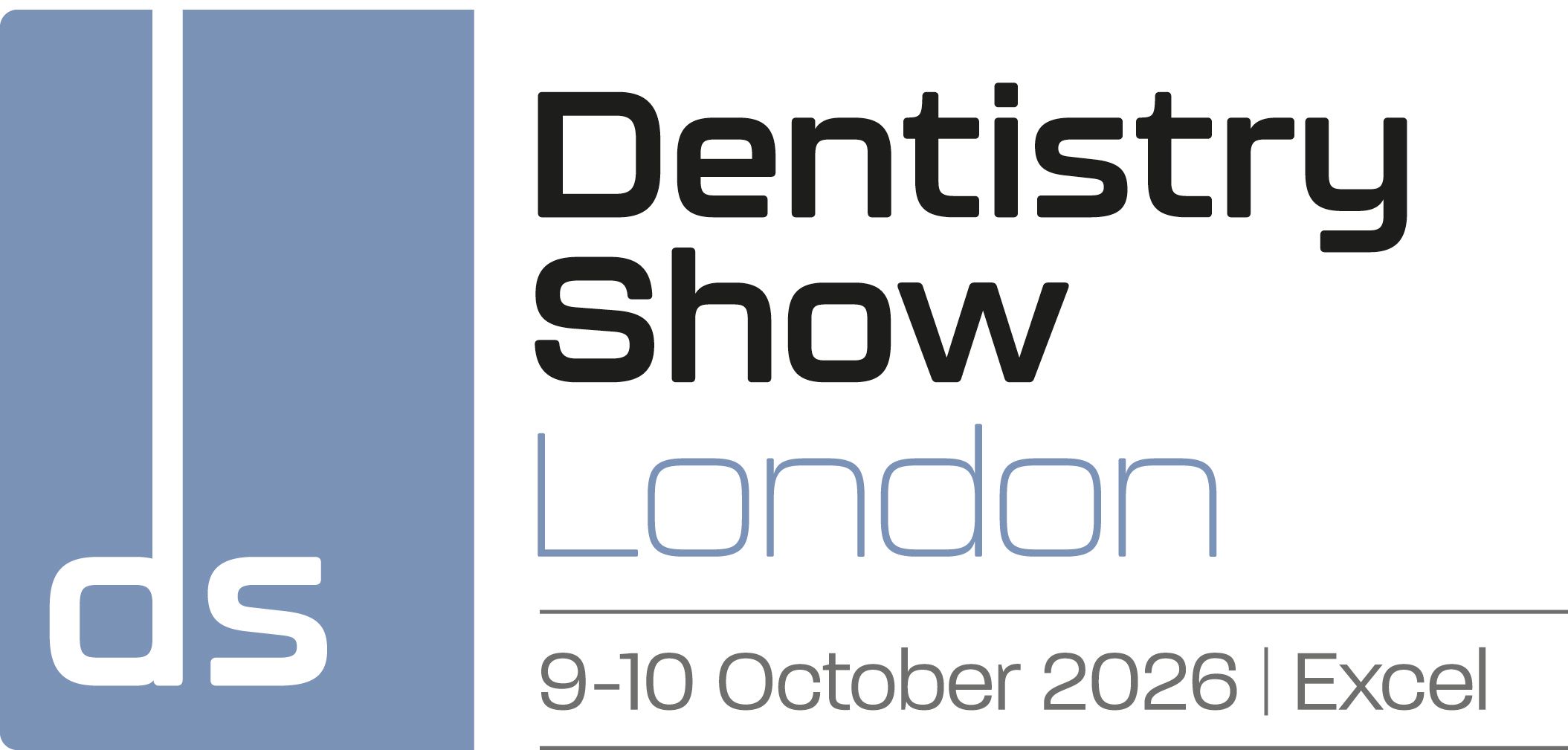Optimising protection for the whole team
)
Following the highly popular webinar on fit-testing RPE recently watched by well over 1,000 professionals, we caught up with dental therapist Cat Edney and oral surgeon Tarik Shembesh – Fit Testing Team Leads from Dakatra – to provide some further insight.
We asked them what they felt were the main potential mistakes to avoid when preparing for the dental team to return to the practice.
“We have seen some practices bulk buy face masks and respirators, but that is not always cost-efficient,” says Cat. “Everyone’s face is a different shape and size, so some masks will simply not fit some people, rendering them ineffective. This can lead to wasted stock and wasted money, so we would advise to only bulk buy after the team have had their masks fit tested.
“I would also advise practices to ensure that your fit tester is able to bring different examples of masks to try during the appointment. This makes it possible to find the ideal mask for each team member.”
Cat also acknowledges the difficulties currently faced with regard to product supply:
“Availability of quality masks is the greatest challenge right now. There are no guarantees, with many practices and companies experiencing delivery delays or even cancellations. Ordering well ahead of time and ensuring that your products meet British Standards (with all the correct markings and certification) is key.”
On the brighter side, the need for RPE fit testing presents new opportunities for dental professionals to broaden their skills.
“Fit testing is an excellent adjunct to what dental professionals already do,” continues Cat. “It complements our existing knowledge of cross-contamination and the facial anatomy, making dental nurses, dental hygienists and therapists, and dentists perfectly placed to train to become an internal fit tester for their practice.”
Tarik adds:
“Whether we are training individuals to become fit testers, or providing the service for them, we aim to educate teams on the responsible use of various RPE and PPE. It is important, for example, that professionals fit test different combinations of respiratory masks, with and without glasses and/or loupes. They also need to know when re-testing is required – such as when using a new brand of mask or getting new glasses with a different shaped frame. It is easy to cut corners, but when armed with the right knowledge, the temptation to do so is significantly reduced.”
Both Cat and Tarik are keen to show that the fit testing service provided by Dakatra goes above and beyond. Tarik comments:
“We are different to other fit testers in that we empower people to utilise RPE/PPE correctly and safely. Fit testing is not just a tick box exercise for us – we want to provide the knowledge, skills and devices teams need for optimum protection in the workplace. We work with accredited Fit2Fit protocols and products to maintain the highest standards and all our fit testers are continually mentored to ensure their competency. This is not a short-term solution – it will help to protect vulnerable patients, staff and family members long into the future.”
Leaving us with a few final thoughts, Cat and Tarik provided a summary of what practice teams should consider to ensure the safety and effectiveness of their RPE:
- Get comfortable with RPE options before fit testing so you know what to ask
- Ensure compatibility between RPE you are considering and the dental procedures you expect to be performing
- Follow HSE recommendations and BSIF Fit2Fit Companion guidelines for correct fit testing
- Check your infection control policy regarding RPE is correct and up-to-date
- Always read the manufacturer’s instructions carefully
- Understand that no RPE is 100% effective – it simply reduces the risks. The risks are only minimised when the products are of good quality and properly fit tested
For more info, visit www.dakatra.co.uk
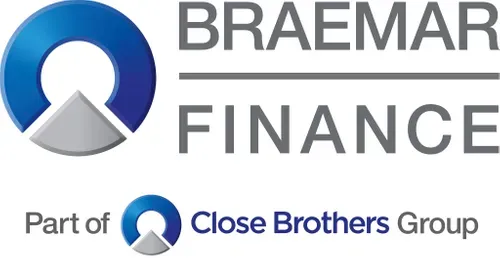


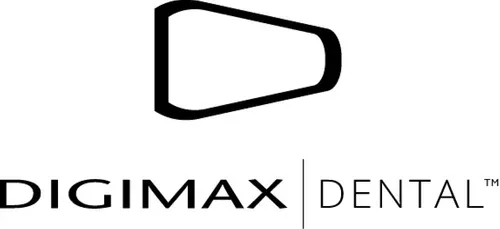


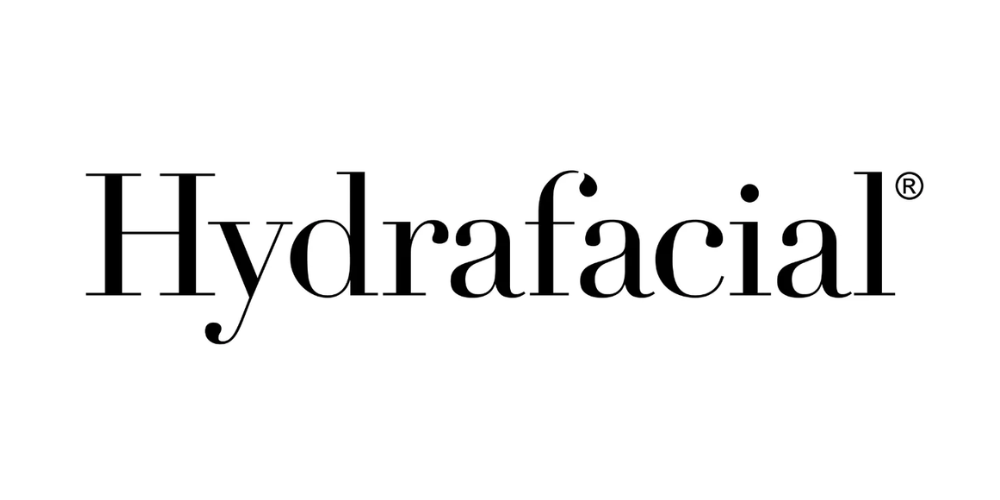
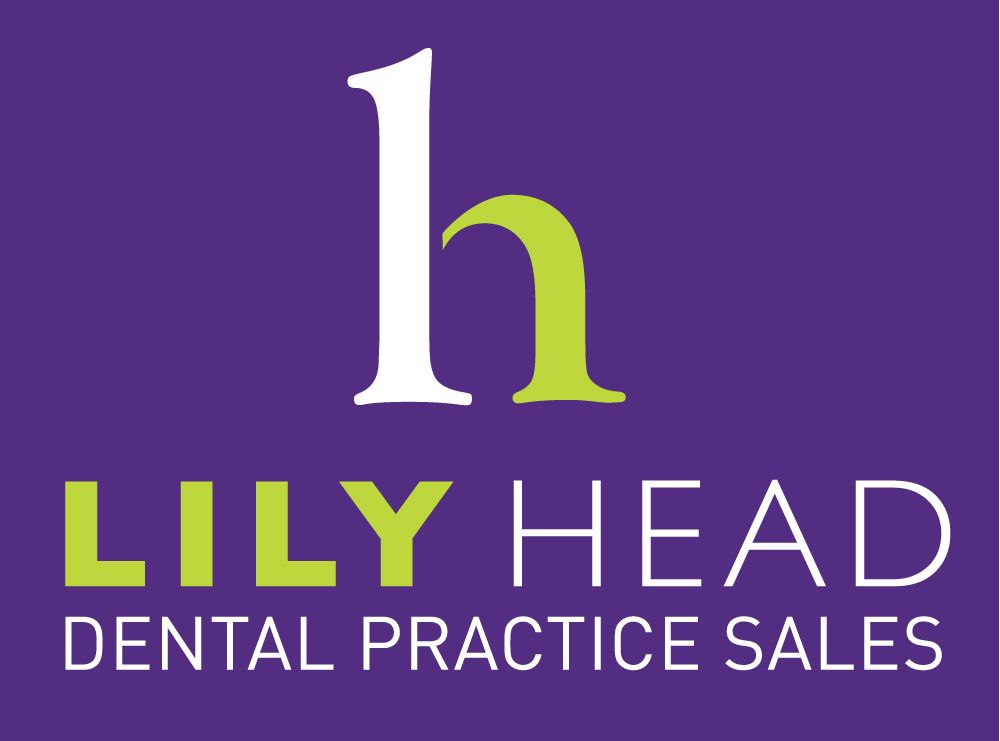




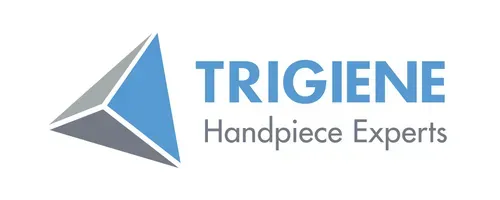


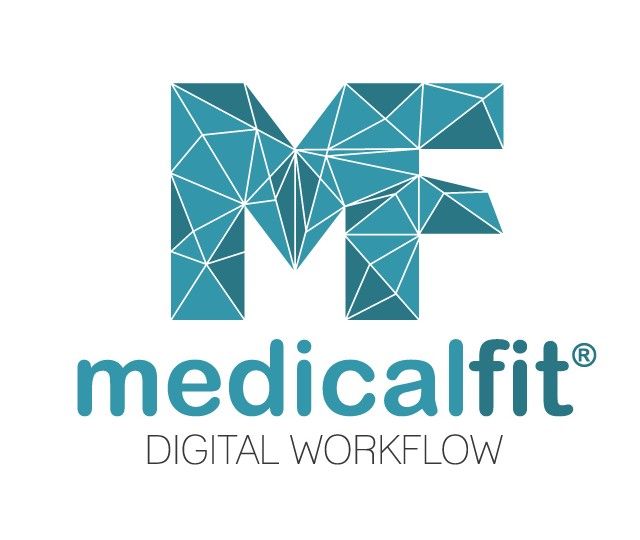


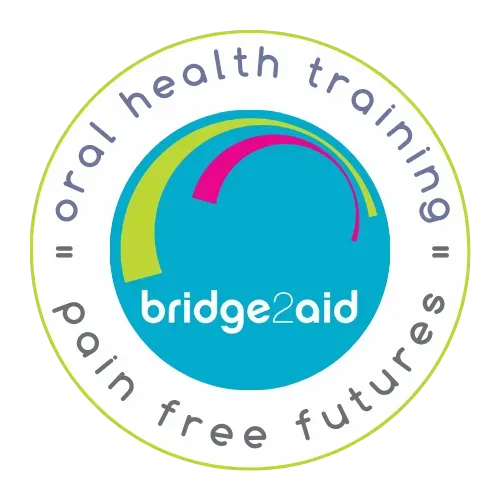
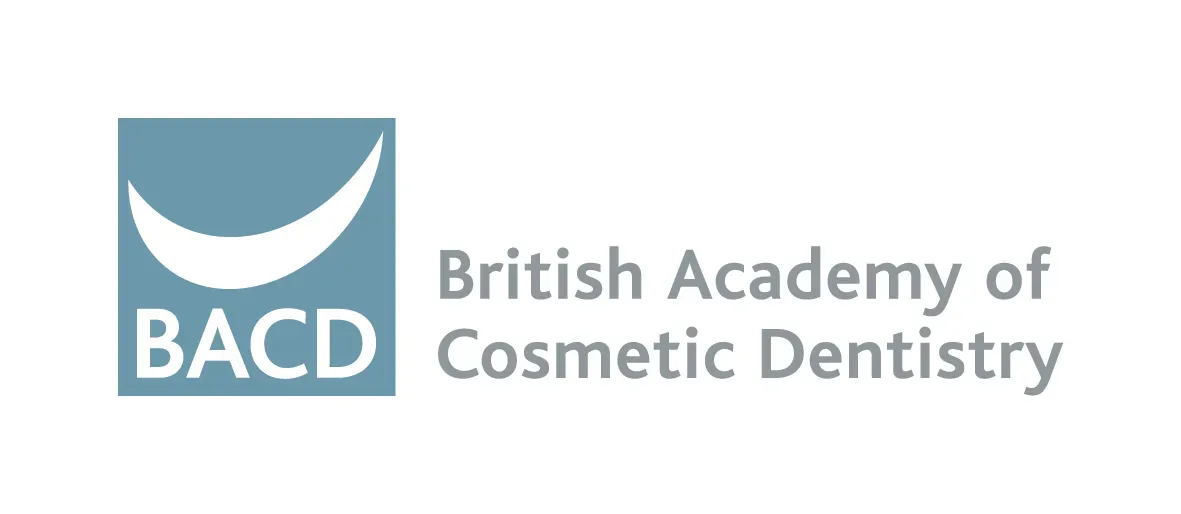
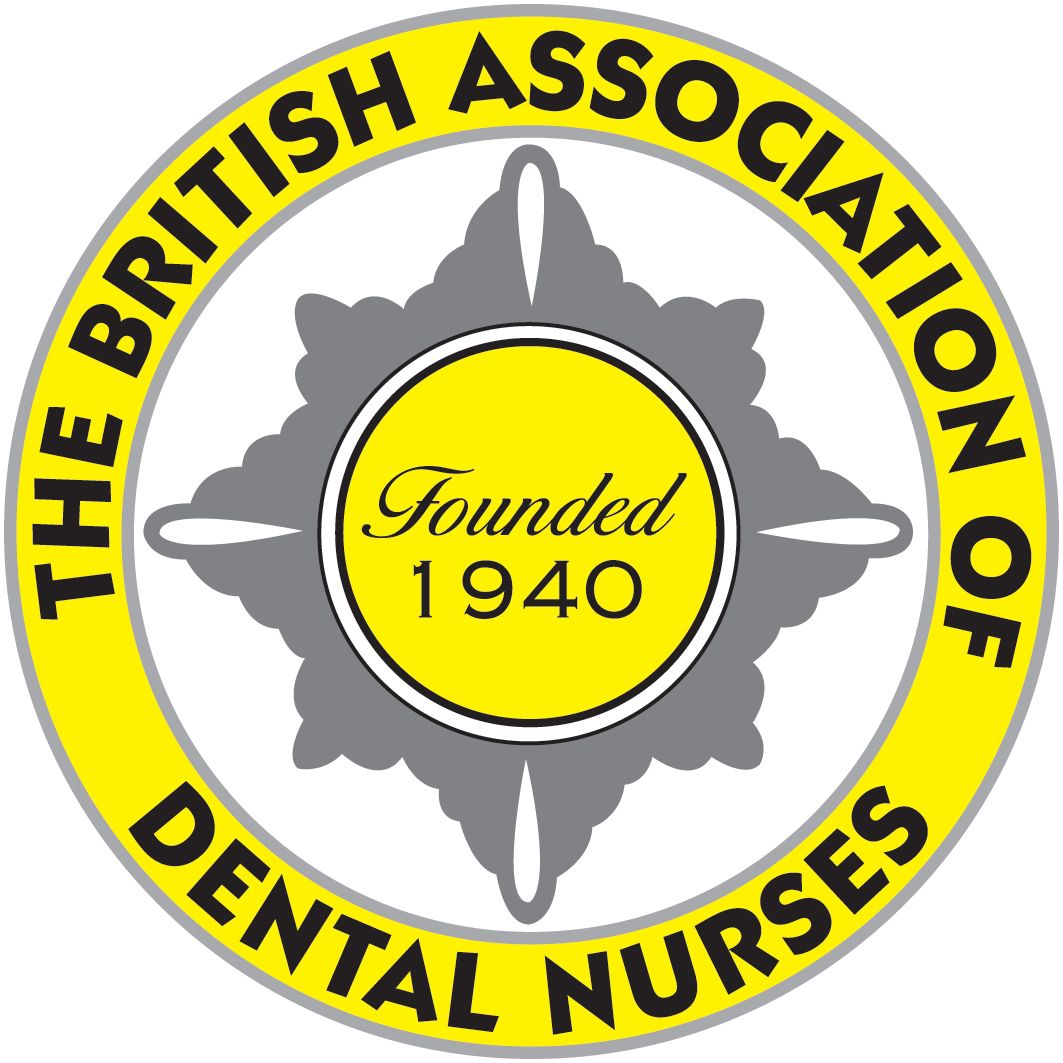
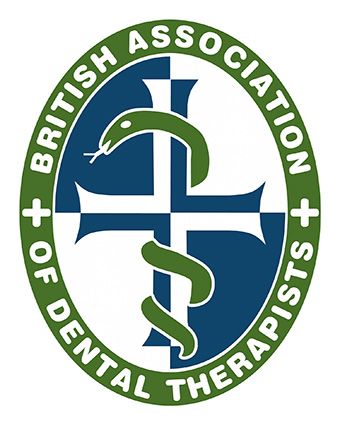
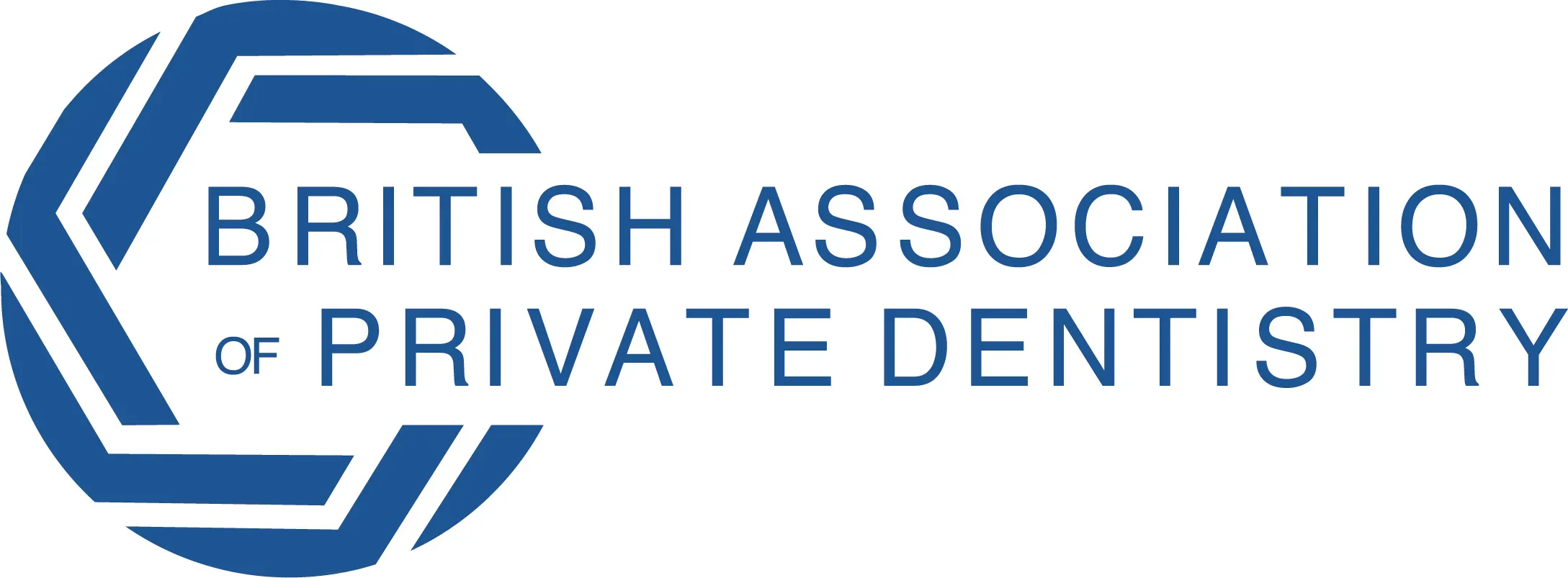
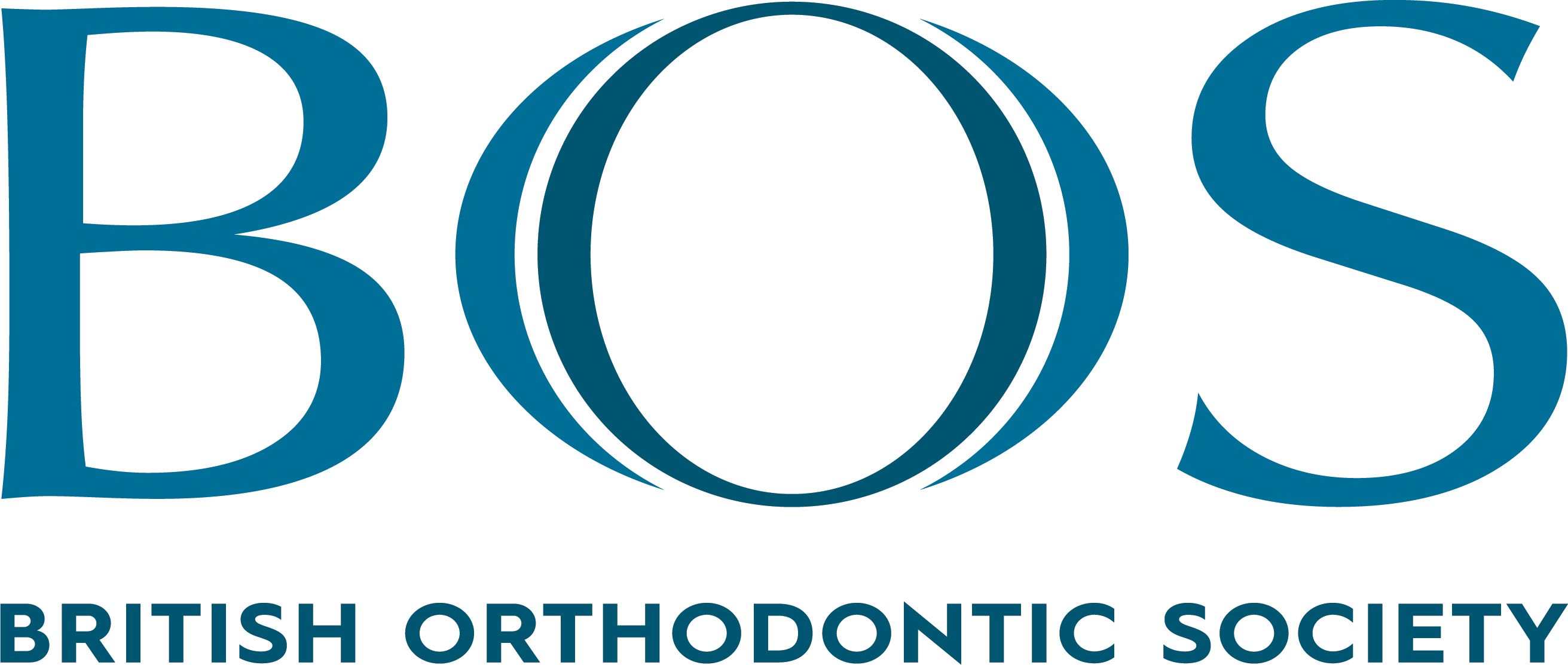

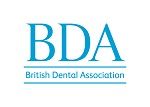


.png)
